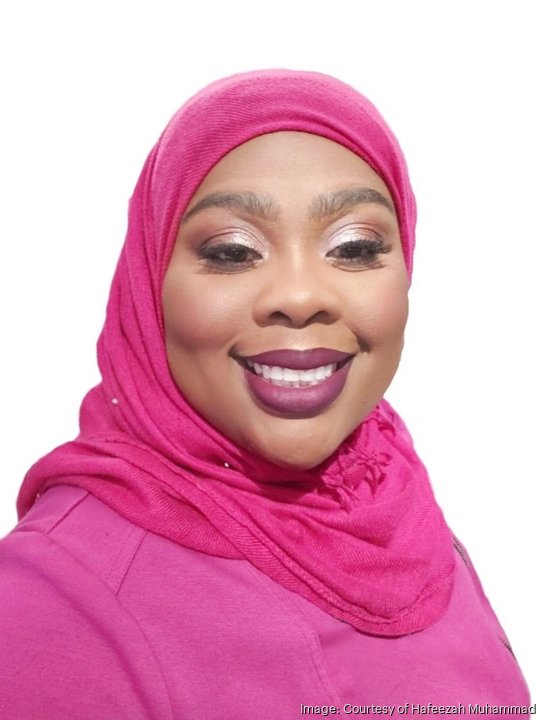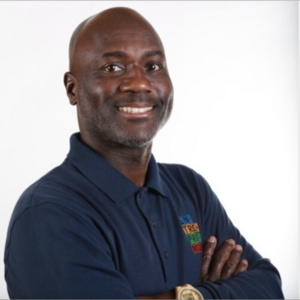
The federal government has selected a local company to join a consortium of universities, government organizations and private companies that will help shape how the United States regulates artificial intelligence.
Elkridge-based Backpack Healthcare, which provides online counseling to children, will join more than 200 other organizations, including Google and Meta, in the U.S. AI Safety Institute Consortium to help develop federal guidelines for everything from detecting flaws in AI systems to ensuring AI data is secure. The consortium is a Department of Commerce initiative established by the National Institute of Standards and Technology. Several other Maryland institutions, like the University of Maryland, College Park, and Johns Hopkins University, are also included in the group.
“The U.S. government has a significant role to play in setting the standards and developing the tools we need to mitigate the risks and harness the immense potential of artificial intelligence," U.S. Commerce Secretary Gina Raimondo said in a press release. "President Biden directed us to pull every lever to accomplish two key goals: set safety standards and protect our innovation ecosystem. That’s precisely what the U.S. AI Safety Institute Consortium is set up to help us do.”
The federal government has not set a public timeline for when the consortium will start creating reports or meeting together.
Backpack Healthcare CEO Hafeezah Muhammad said the telehealth firm is the only company in the consortium primarily focused on mental health and pediatrics. The company currently uses AI tools in everyday work to save time and improve patient care. The company has a treatment plan generator that can quickly create a basic outline for a physician, guiding them on how to approach treatment. Backpack also uses a tool that predicts when a patient will not show up to therapy so a physician can start making a plan to see a different client.
“I’m excited, but there’s a lot of pressure,” Muhammad said. “This is unbelievable.”
Backpack's expertise in providing therapy to children may offer a unique perspective on the impact AI will have on young people. Many states are suing social media companies because of the negative effects the technology has on youth mental health. That damage could be exacerbated by AI, making it even easier to flood websites like Facebook and Instagram with content. Muhammad hopes that regulations to make it easier to identify if an image or a piece of text is generated by AI can help create a more transparent industry. One artificial intelligence firm, OpenAI, is already rolling out a watermark within files created by software like DALL-E in an attempt to boost trust in the new field.
One of Muhammad’s other main goals is to make sure the training data used to develop AI programs represent the diversity of the country. The quality of AI depends mostly on the data it processes to create its own work by splicing together information from a variety of sources. Morgan State University, although not part of the NIST consortium, has won contracts with the U.S. Navy to study some of the racial biases in the technology. Software often struggles to identify Black faces or Black skin, for example, because of flawed training data. The data used to develop AI is one of the more controversial parts of the new technology because many programs rely on copyrighted data like music or news articles.
Backpack Healthcare applied to join the consortium because Chief Technology Officer Prashanth Brahmandam — the former global head of strategy, technology and analytics at Meta — heard about the consortium while researching some of NIST's regulations. Brahmandam hopes to harness some of the same tools that make social media applications so addictive toward more positive goals like maintaining a journal or conducting mental health exercises. He also believes the consortium can do essential work to inform the public about how the technology actually works.
"Meta was a fantastic company, the best set of brains in the world," Brahmandam said. "But I think my work at Backpack is more meaningful. It solves a huge problem."
Backpack Healthcare, formerly known as Youme Healthcare, expanded rapidly last year through two acquisitions to broaden its expertise in providing care to marginalized groups, and the BBJ named it a 2024 Maryland Inno Startup to Watch.









